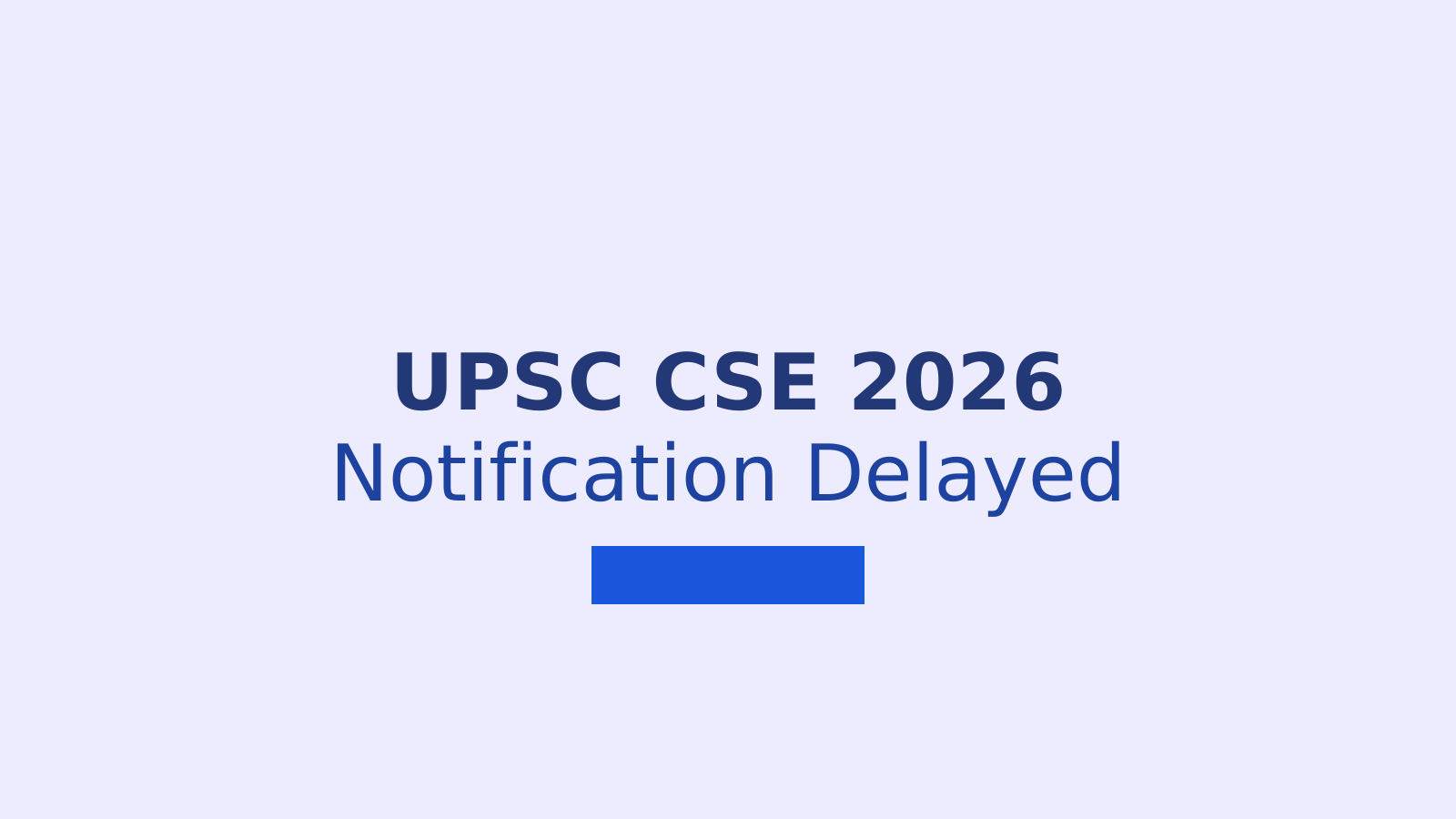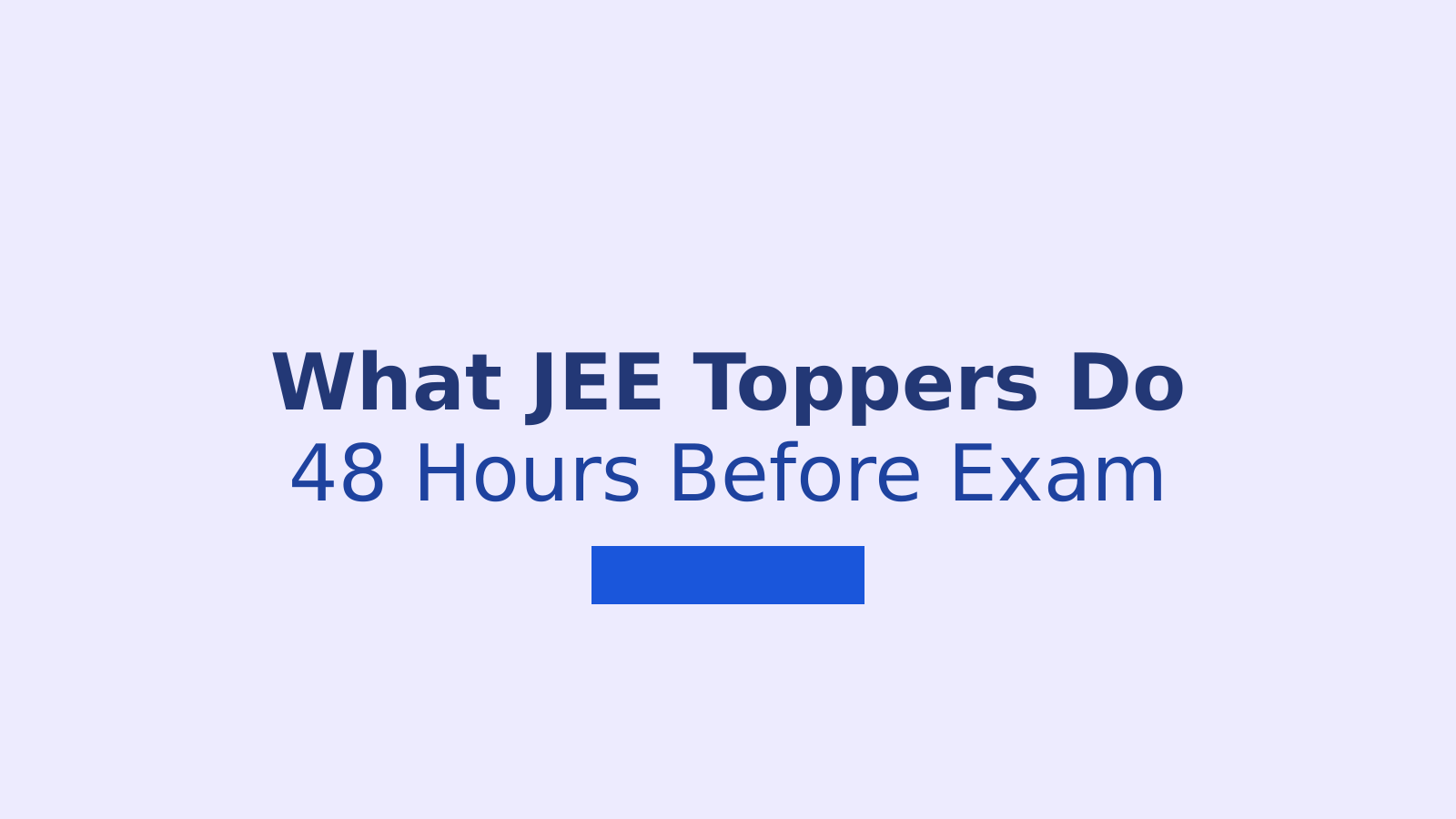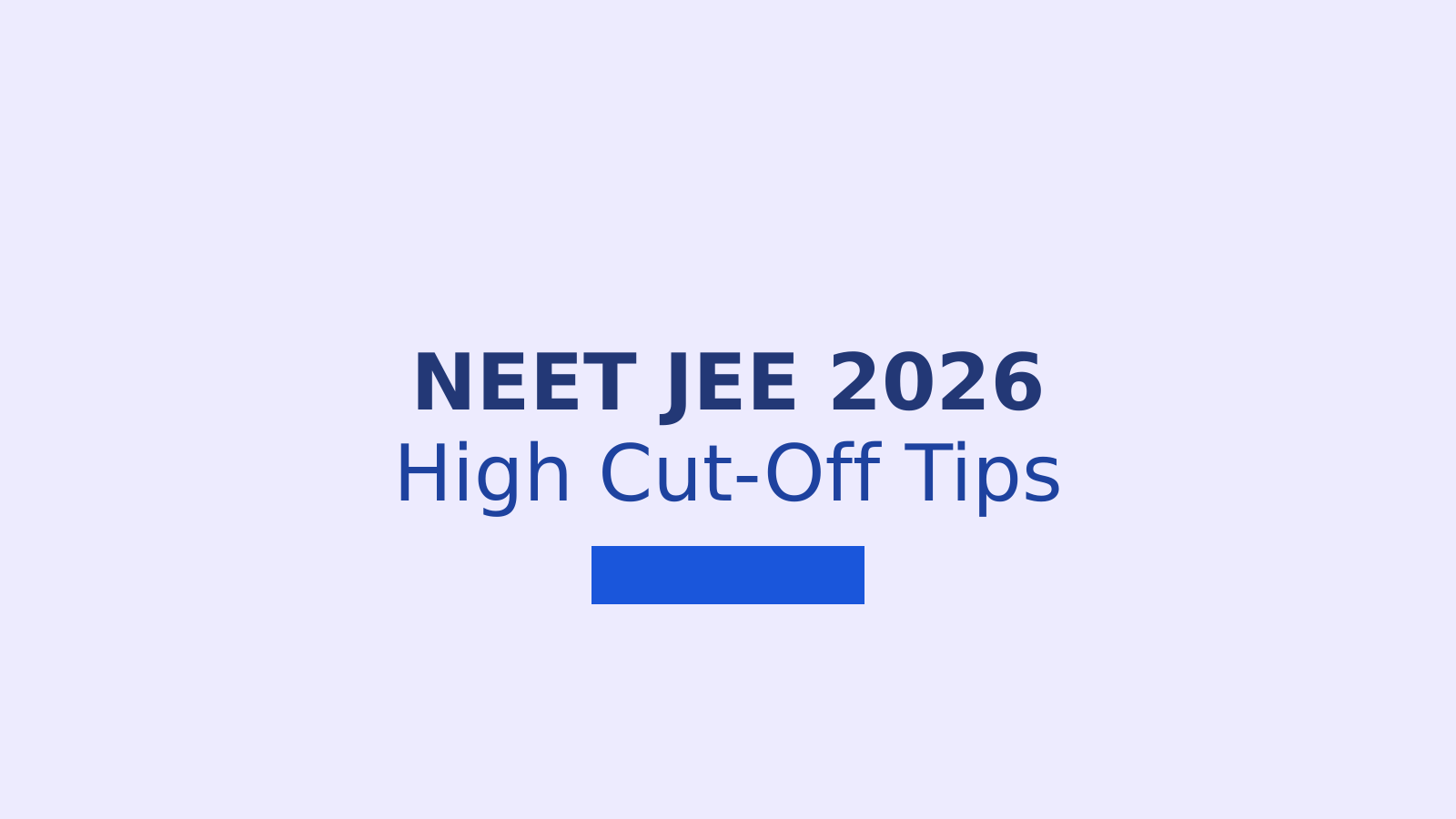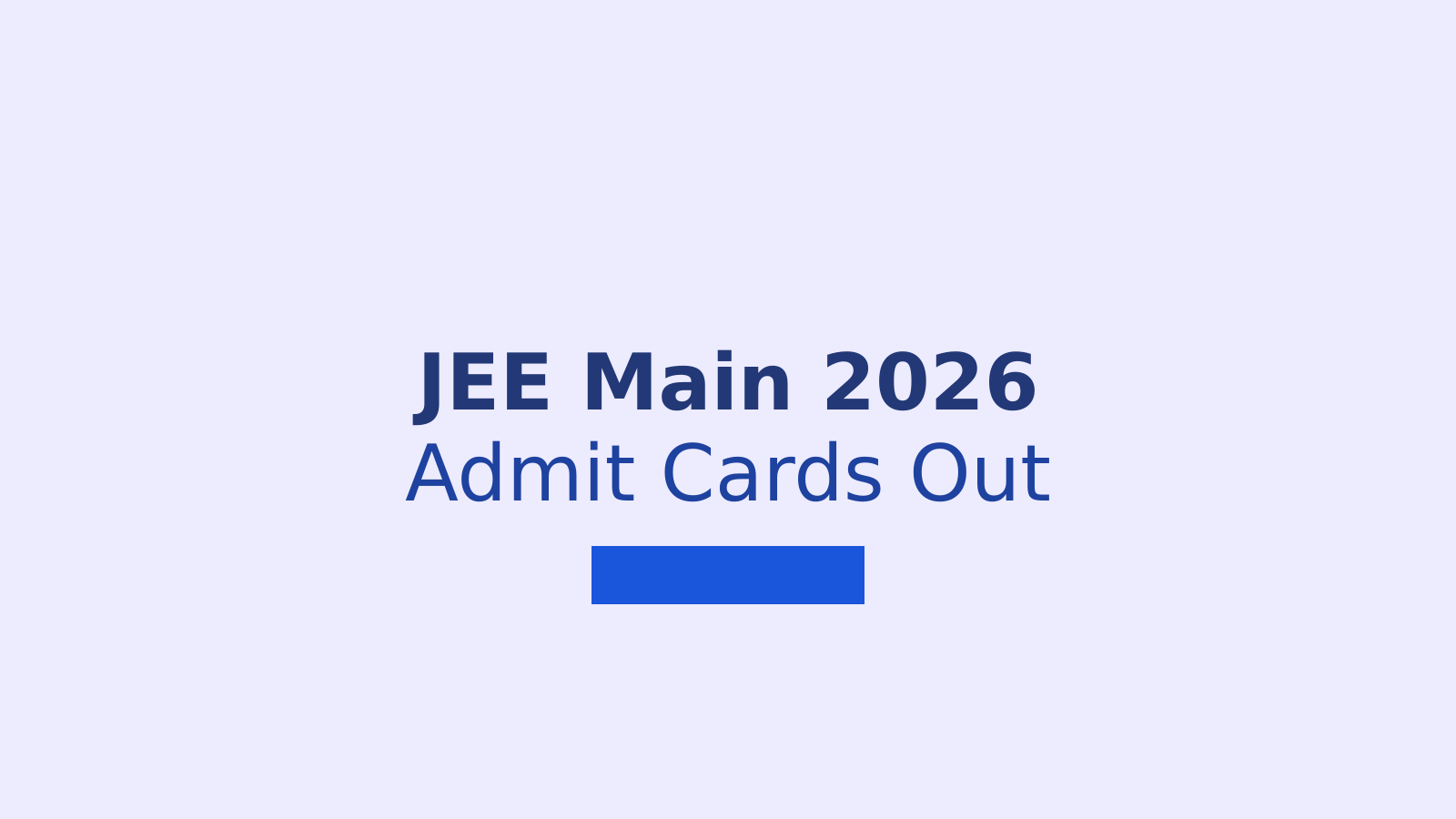CBSE's New Digital Assessment Platform: A Move Away from Rote Learning Under NEP 2020
CBSE is building a digital platform for competency-based assessments across affiliated schools. The initiative aims to replace rote learning with critical thinking and real understanding under NEP 2020.
AC Team
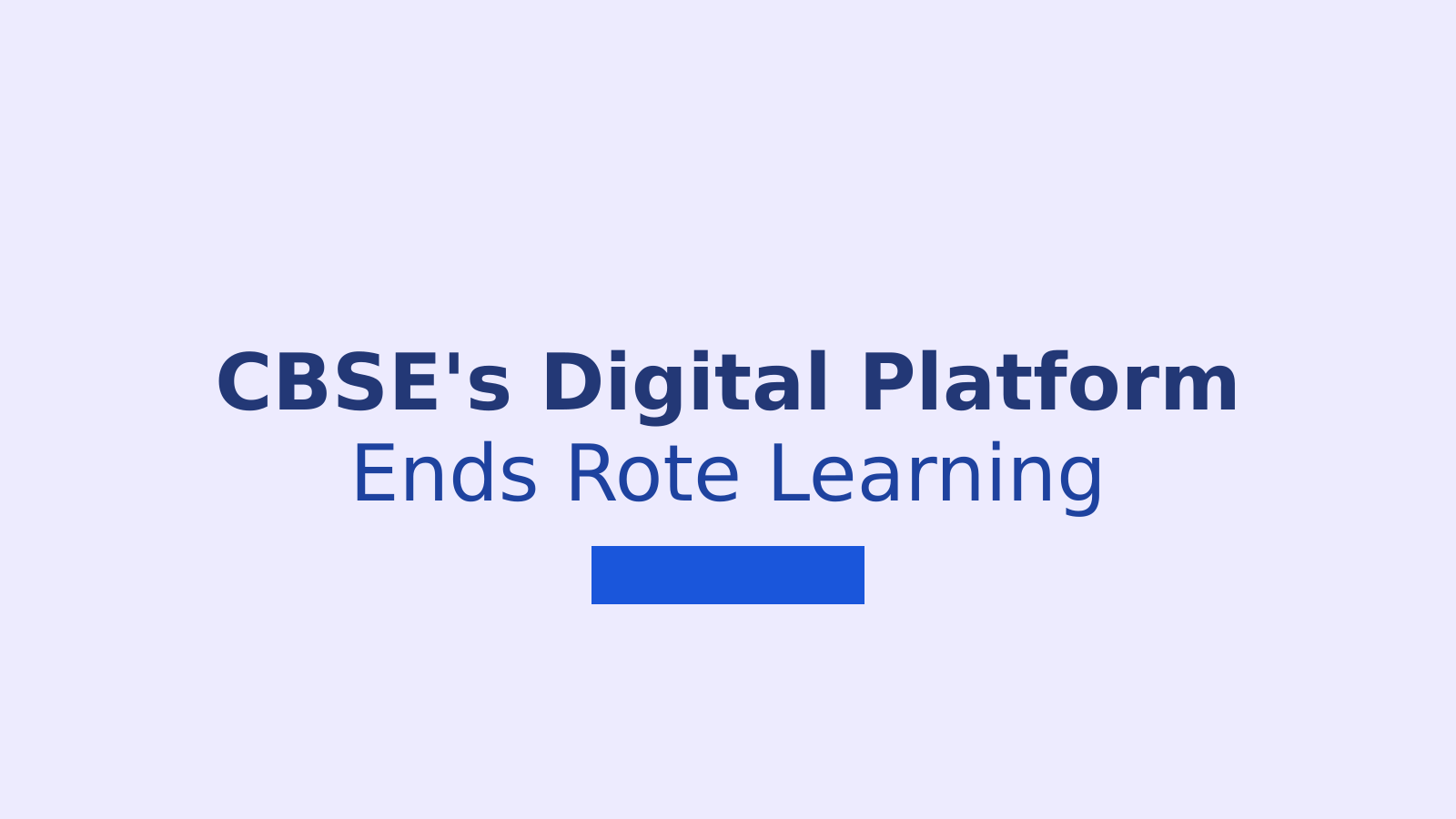
The Central Board of Secondary Education (CBSE) is working on something that could change how students learn across India. The board plans to launch a digital platform that will help teachers create better assessments. These tests will measure real understanding, not just memory.
This move is part of the National Education Policy (NEP) 2020. The policy calls for a shift from memorising facts to actually understanding and applying knowledge. The new platform marks one of the biggest technology-driven education reforms since NEP came into effect.
What This Platform Will Do
The digital platform will serve as a central hub for creating and managing school assessments. Teachers across more than 27,000 CBSE-affiliated schools will be able to use it. The system will help them design tests that measure competency, not just recall ability.
Here's what the platform will offer:
- A central bank of questions sorted by grade, subject, and skill level
- Tools for teachers to build tests using simple drag-and-drop features
- AI-powered quality checks to ensure questions are clear and accurate
- Plagiarism detection to keep questions original
- Machine learning tools that rate question difficulty and detect bias
- Dashboards that track student performance in real time
- Integration with existing CBSE teacher training systems
Teachers will be able to access the question bank, customise papers, and even add their own questions. Each new question will go through multiple review stages before it joins the national repository.
Moving Beyond Marks and Memory
CBSE has been working towards this shift for some time now. In recent years, the board redesigned question papers for Classes 10 and 12. Now, 50% of questions test competency. These questions ask students to apply concepts, not just remember them.
At the primary and middle school level, CBSE introduced the Structured Assessment for Analysing Learning (SAFAL) programme. It evaluates students in Grades 3, 5, and 8. The focus is on understanding core concepts and using knowledge in real situations. The reports from SAFAL also help teachers identify where students need more support.
To support these changes, CBSE set up a Centre of Excellence in Assessment (CEA). This unit develops standards for competency-based tests and guides schools in using the new framework. The CEA also builds tools that test higher-order thinking skills like analysis, reasoning, and problem solving.
How the System Will Work
CBSE is looking for an IT partner to design, build, and maintain the platform. The system will be secure, scalable, and easy to use. Teachers will log in through Single Sign-On (SSO) and access tools that are connected to training modules.
Each question in the bank will carry tags. These tags will include grade level, subject, learning outcome, and cognitive level. This makes it easy for teachers to find the right questions for their needs.
The platform will also track data on learning trends and assessment quality. Schools will get report cards based on this data. CBSE will be able to see patterns in student achievement across different grades and regions.
To keep things transparent, the system will undergo regular checks. Internal reviews will happen every six months. Third-party audits will take place once a year.
Why This Matters
For decades, Indian education has focused on exams and marks. Students often study to score well, not to learn deeply. This has led to a culture of rote learning where students memorise without understanding.
The new platform aims to change that. By helping teachers create better assessments, CBSE wants to encourage critical thinking and creativity. The goal is to make tests a tool for learning, not just for judgment.
Education experts see this as a big step forward. Bringing data and technology into the assessment process can help track real learning. It can also help teachers adjust their methods based on what works.
A senior CBSE official put it simply: assessments should not just test memory. They should measure how students think, reason, and apply knowledge. This platform is designed to make that happen in every classroom.
What Comes Next
The platform is currently at the request-for-proposal stage. Once CBSE selects a partner, development will begin. The rollout will happen in phases, starting with pilot schools and then expanding across the network.
Teachers will receive training on how to use the platform. They will learn how to select questions, design tests, and interpret the data. The system will also include tutorials and help guides.
For students, the change will be gradual. They will start seeing more questions that ask them to think and apply, rather than just recall. Over time, this should lead to deeper learning and better preparation for real-world challenges.
The platform will also connect to other education initiatives under NEP 2020. These include changes to curriculum, teacher training, and school quality standards. Together, these reforms aim to create a more holistic and effective education system.
A National Benchmark
Once operational, this platform could become a model for other education boards in India. It shows how technology can support policy goals and improve classroom practice. It also demonstrates a commitment to moving beyond outdated testing methods.
The shift from rote learning to competency-based assessment is not easy. It requires new tools, new training, and a new mindset. But with this digital platform, CBSE is taking a concrete step in that direction.
For millions of students in CBSE schools, this could mean a different kind of education. One where understanding matters more than memorising. One where tests help them learn, not just measure what they've crammed. And one where teachers have the tools to make that vision real.
